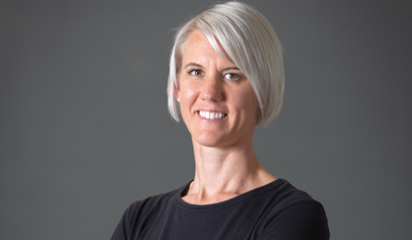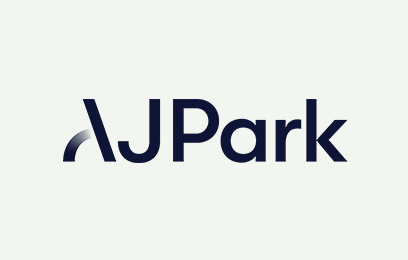In 2022 the global space economy grew 8% to $546 billion. Commercial growth also climbed nearly 8%, reaching $427.6 billion. According to a report from the Space Foundation, a Colorado-based space flight advocacy group, the space economy is projected to climb another 41% over the next five years.
Also in 2022, 186 orbital launches were attempted, up from 145 the previous year. Commercial launches accounted for 81 of those launches, 50 of which were conducted by Elon Musk’s industry-leading SpaceX. And more than 90 nations now have satellites in orbit. Space is big business.
4-10 October is World Space Week; a celebration of “the contributions of space science and technology to the betterment of the human condition”. This year's theme is “Space and Entrepreneurship”, in recognition of “the growing significance of the commercial space industry, and the increasing opportunities for space entrepreneurship and new benefits of space developed by space entrepreneurs.”
AJ Park Principal Anton Blijlevens leads the firm's Aerospace team, acting for a number of early-stage aerospace clients, supporting them throughout their journey, including helping them in capital raising. He is also a mentor for the Start Me Up Aerospace New Zealand program.
In recognition of World Space Week, Anton shared some of his space IP insights with us.
What is it about aerospace IP that you find particularly enjoyable or interesting?
As IP lawyers and patent attorneys we are always near the cutting edge of technology. I often say that there is never a dull moment in IP. The aerospace sector is not just near the cutting, it is at the cutting edge. Because this sector presents wide open space for new innovations, the innovations jump ahead in quantum leaps rather than in small incremental steps.
What are some of biggest issues for entrepreneurs when it comes to protecting the intellectual property in space inventions?
Time-Sensitive Innovation: The pace of innovation in space technology is rapid. Entrepreneurs must balance the need to protect their IP with the need to innovate quickly and stay competitive.
Trade Secrets vs. Disclosure: Deciding whether to patent an invention or keep it as a trade secret is a crucial strategic decision. Entrepreneurs need to consider the appropriate forms of IP particularly in the context of needing to disclose information to attract investors or collaborators. Patent protection usually wins, but a mixture of patents and trade secrets might be possible also.
Data and Technology Transfer: Collaborating with other organisations or governments in space projects may require sharing sensitive data and technology. Balancing the need for collaboration with the protection of intellectual property rights can be difficult.
Tell us about your role as a mentor for the Start Me Up program.
As a mentor in the Start Me Up program I get involved in supporting the program participants with high level IP strategy. This is just so critical for early-stage ventures because the only asset that they own is their IP. Making just one wrong step with this asset can wipe a whole lot, if not all, of the value in the venture off the table.
What is your favourite space invention?
I really like many of the innovations being utilised in lower space, particularly involving cubesats because these provide a platform for innovation that is accessible to early-stage ventures. Whilst outerspace exploration is what I am most fascinated about, it is the domain of the likes of NASA and the pace of innovation seems a lot slower because it requires such a huge investment in time and money.
And finally, if you were offered the opportunity to “boldly go where no man has gone before”, would you?
I would, but I’d stay close to home. A quick trip to the moon and back would be enough, but alas a few have been there already.








